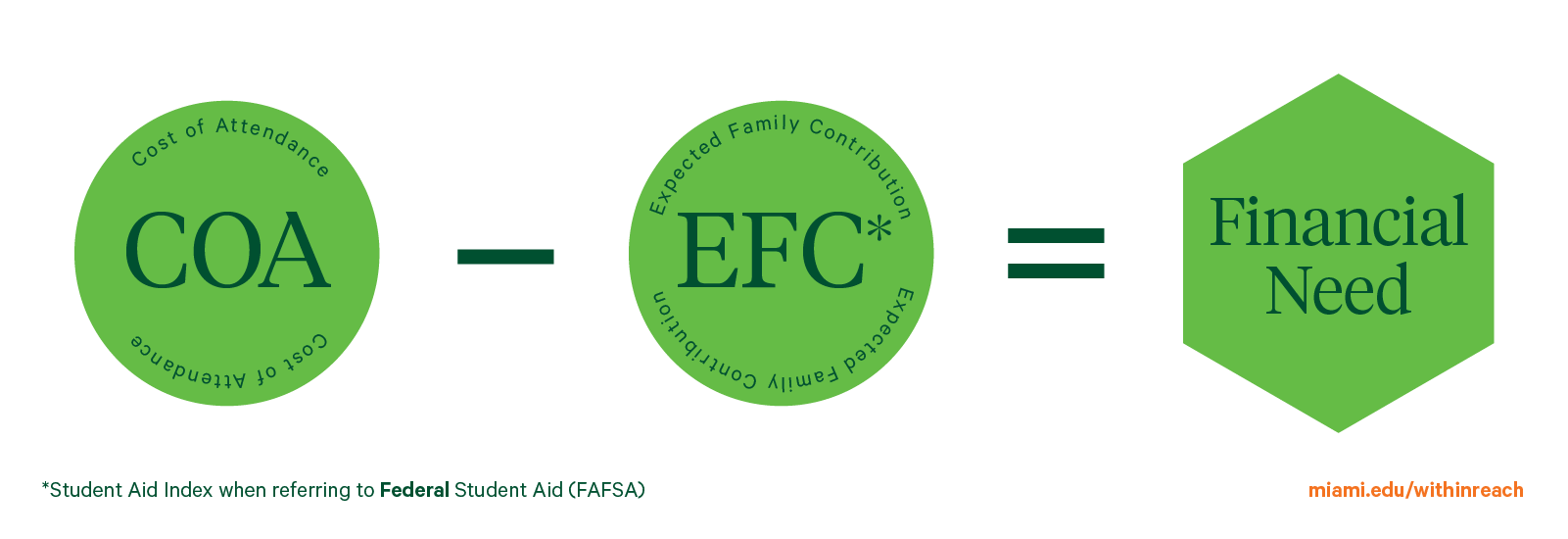| Expenses |
Undergraduate On Campus |
Undergraduate Off-Campus
|
With Parent/Relative |
| Tuition (1) |
$60,720 |
$60,720 |
$60,720 |
| Fees |
$1,896 |
$1,896 |
$1,896 |
| Food and Housing (2) |
$23,790 |
$24,650 |
$9,834 |
| Books |
$1,266 |
$1,266 |
$1,266 |
| Personal |
$4,178 |
$4,178 |
$4,178 |
| Transportation (4) |
$2,004 |
$2,004 |
$2,004 |
| Loan Fees |
$38 |
$38 |
$38 |
| Total Cost of Attendance: |
$93,892 |
$94,752 |
$79,936 |
1) The Cost of Attendance values shown are based on assumed traditional, full-time enrollment. Amounts may be prorated based on a student’s actual enrollment after add/drop. (See definition of Census Date/Fixed Enrollment Date below.)
2) The costs for undergraduate on campus housing and meals are based on the weighted average housing charges for on campus residence, and 21 meals a week through the campus dining plan. Your actual housing and food costs may vary based on your housing and meal plan choices.
3) On campus housing is not available to students who are married or those with dependents.
4) The transportation allowance estimated above is for domestic students living in the 48 contiguous states. For those from Alaska, Hawaii or for international students the estimated transportation allowance is $4,008.
5) The Bachelor of General Studies tuition rate is estimated at $950 per credit. Please refer to the academic department for more information.
6) The Accelerated Bachelor of Science of Nursing program tuition is estimated at $14,000 per semester. Some program fees may differ. Please refer to the academic department for more information.




